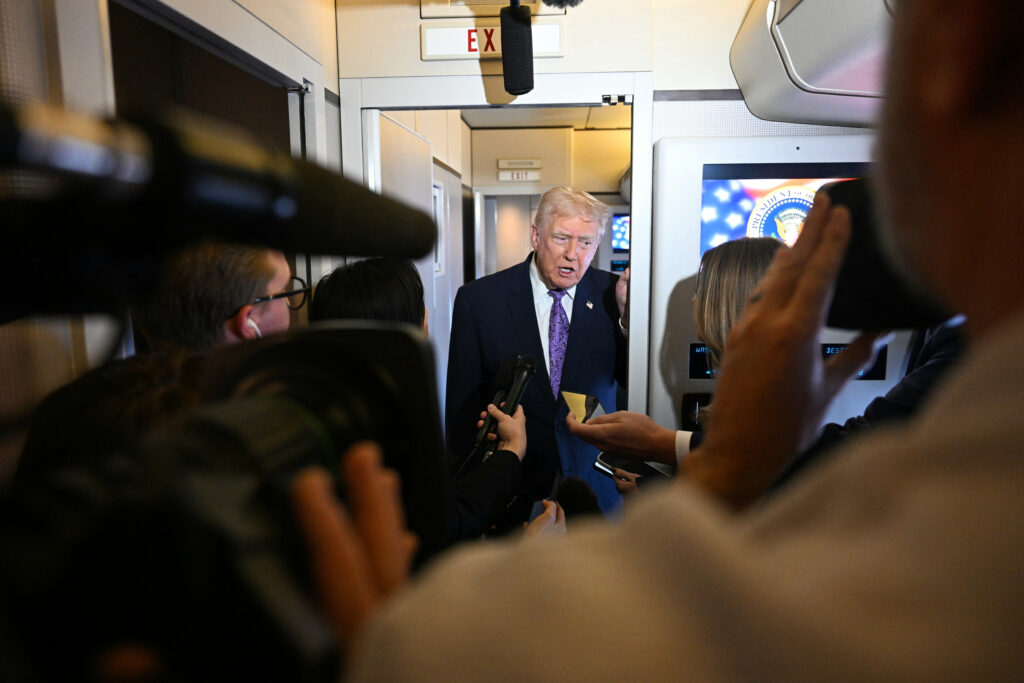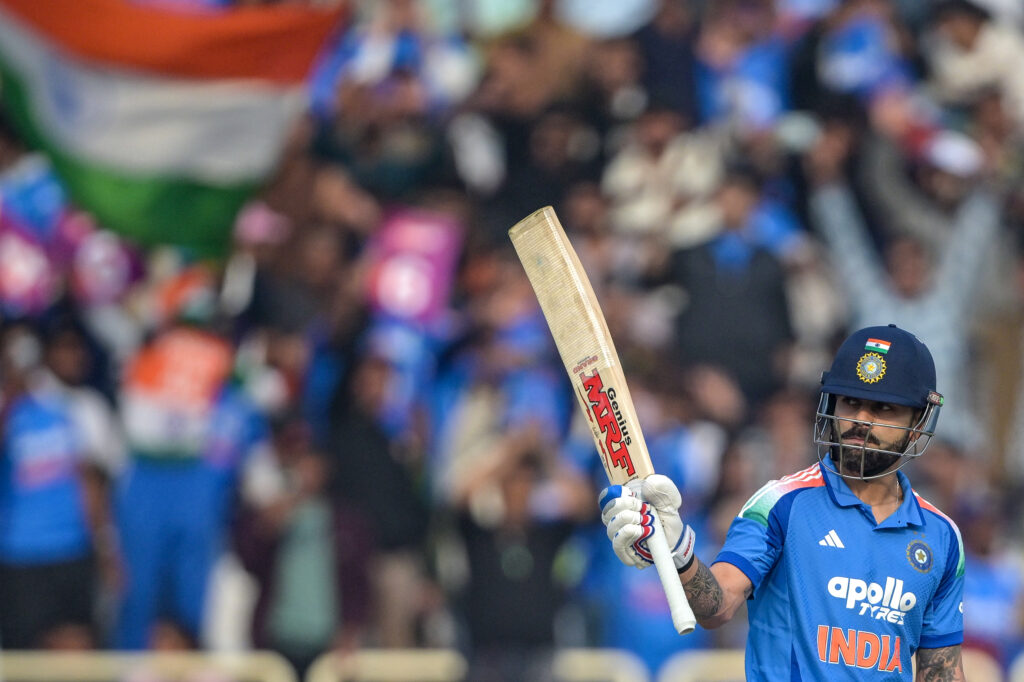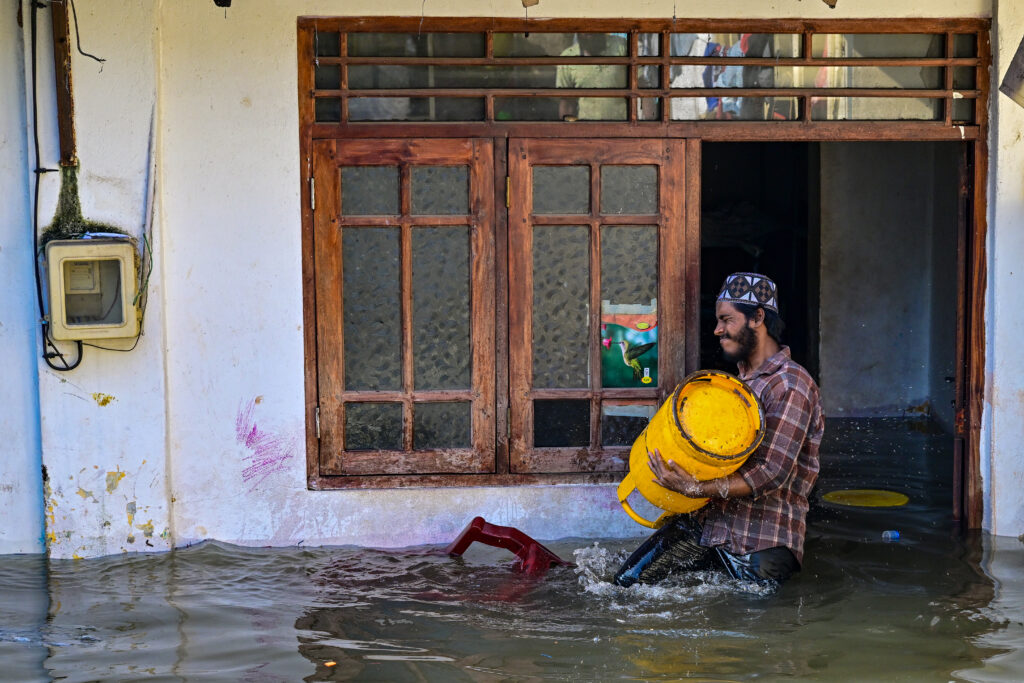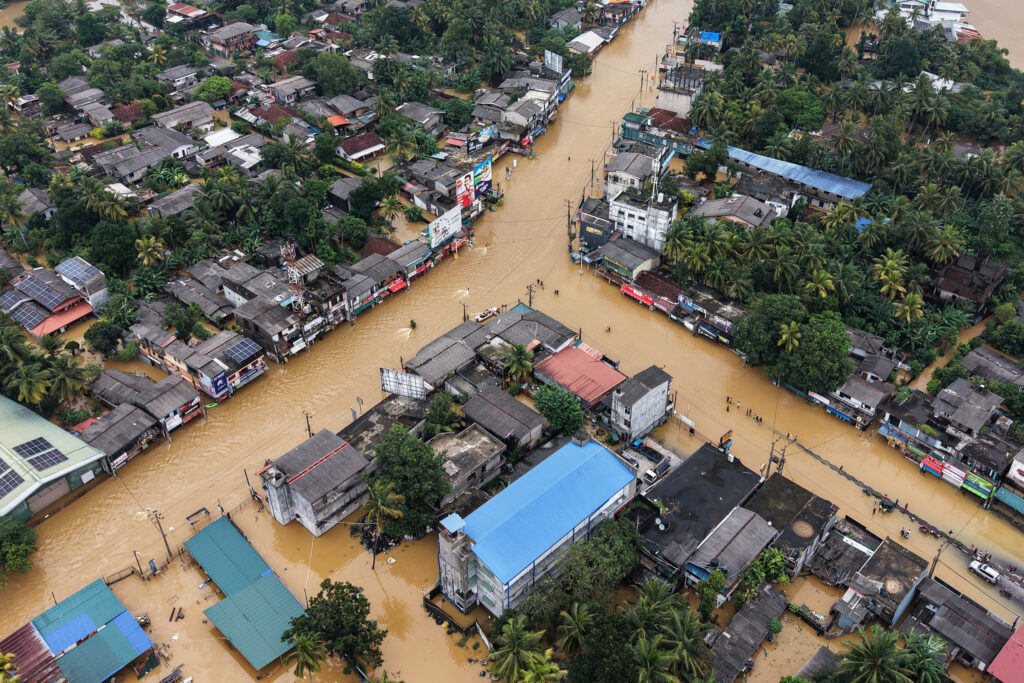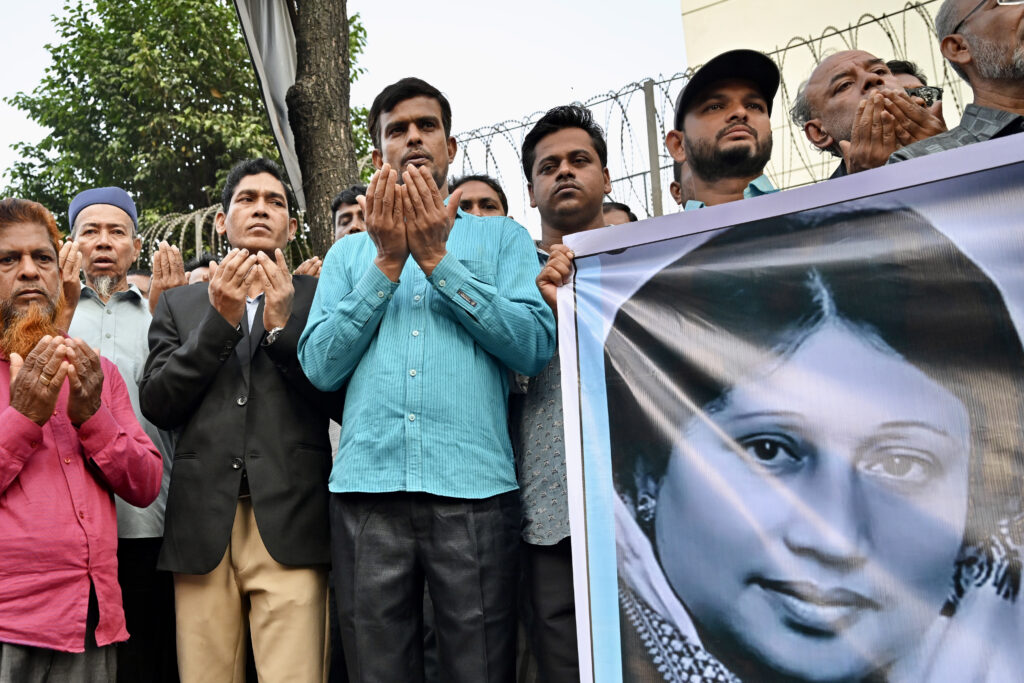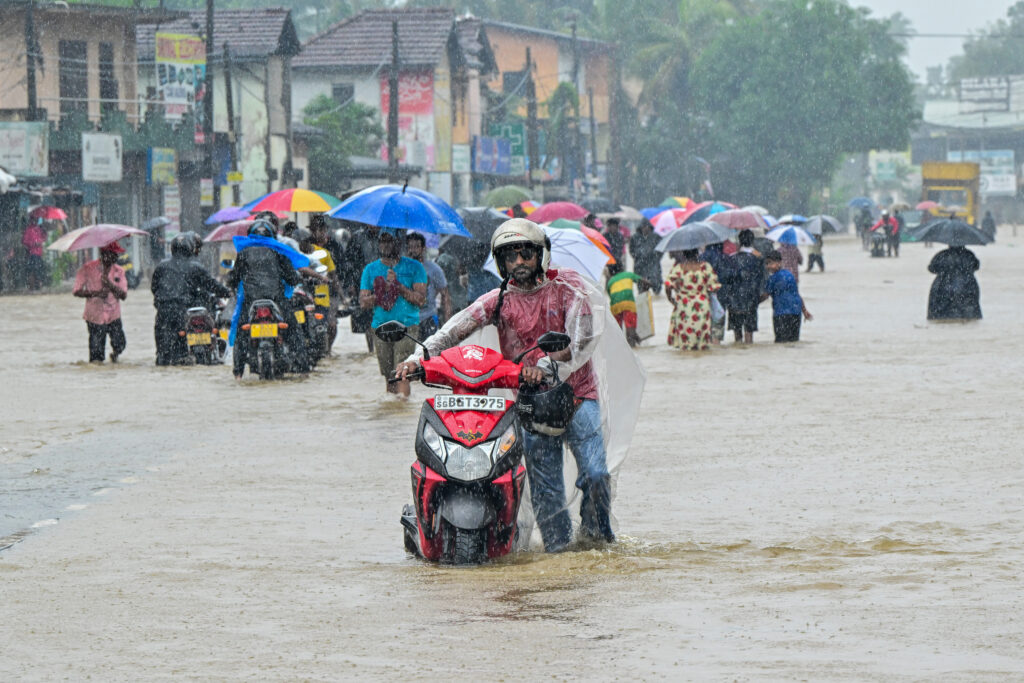Trump says US freeze on asylum decisions will last ‘a long time’
US President Donald Trump said Sunday his administration intends to maintain a pause on asylum decisions for “a long time” after an Afghan national allegedly shot two National Guard members near the White House, killing one of them. When asked to specify how long it would last, Trump said he had “no time limit” in mind for the measure, which the Department of Homeland Security says is linked to a list of 19 countries already facing US travel restrictions. “We don’t want those people,” Trump continued. “You know why we don’t want them? Because many have been no good, and they shouldn’t be in our country.” The Trump administration issued the pause in the aftermath of the shooting in Washington on November 26, that left 20-year-old Sarah Beckstrom dead and another guardsman critically wounded.A 29-year-old Afghan national, Rahmanullah Lakanwal, has been arrested and charged with first degree murder in connection with the incident. Lakanwal had been part of a CIA-backed “partner force” fighting the Taliban in Afghanistan, and entered the United States as part of a resettlement program following the American military withdrawal from Afghanistan in 2021.Lakanwal had been granted asylum in April 2025, under the Trump administration, but officials have blamed what they called lax vetting by the government of Trump’s predecessor Joe Biden for his admission to US soil during the Afghan airlift.Trump wrote after the shooting he planned to “permanently pause migration from all Third World Countries to allow the US system to fully recover.” Asked which nationalities would be affected, the Department of Homeland Security pointed AFP to a list of 19 countries — including Afghanistan, Cuba, Haiti, Iran and Myanmar — which since June have all faced travel restrictions to the United States.
